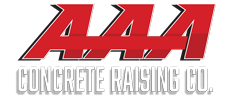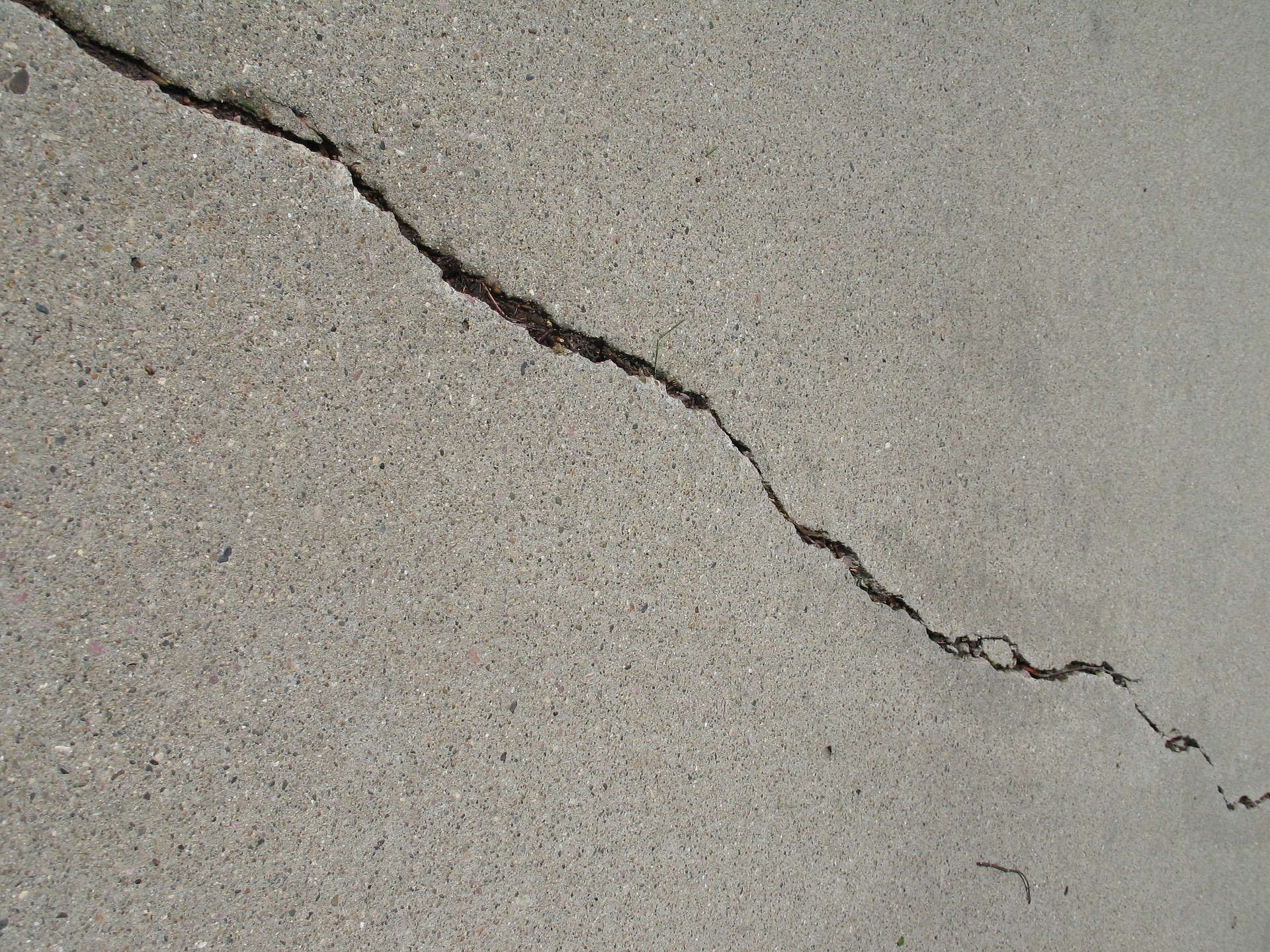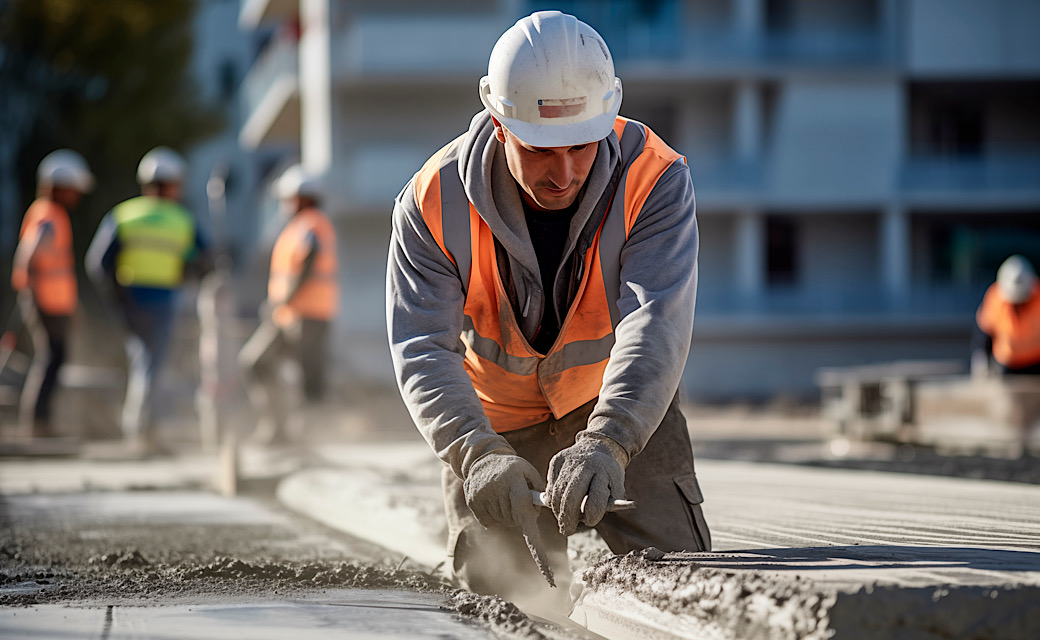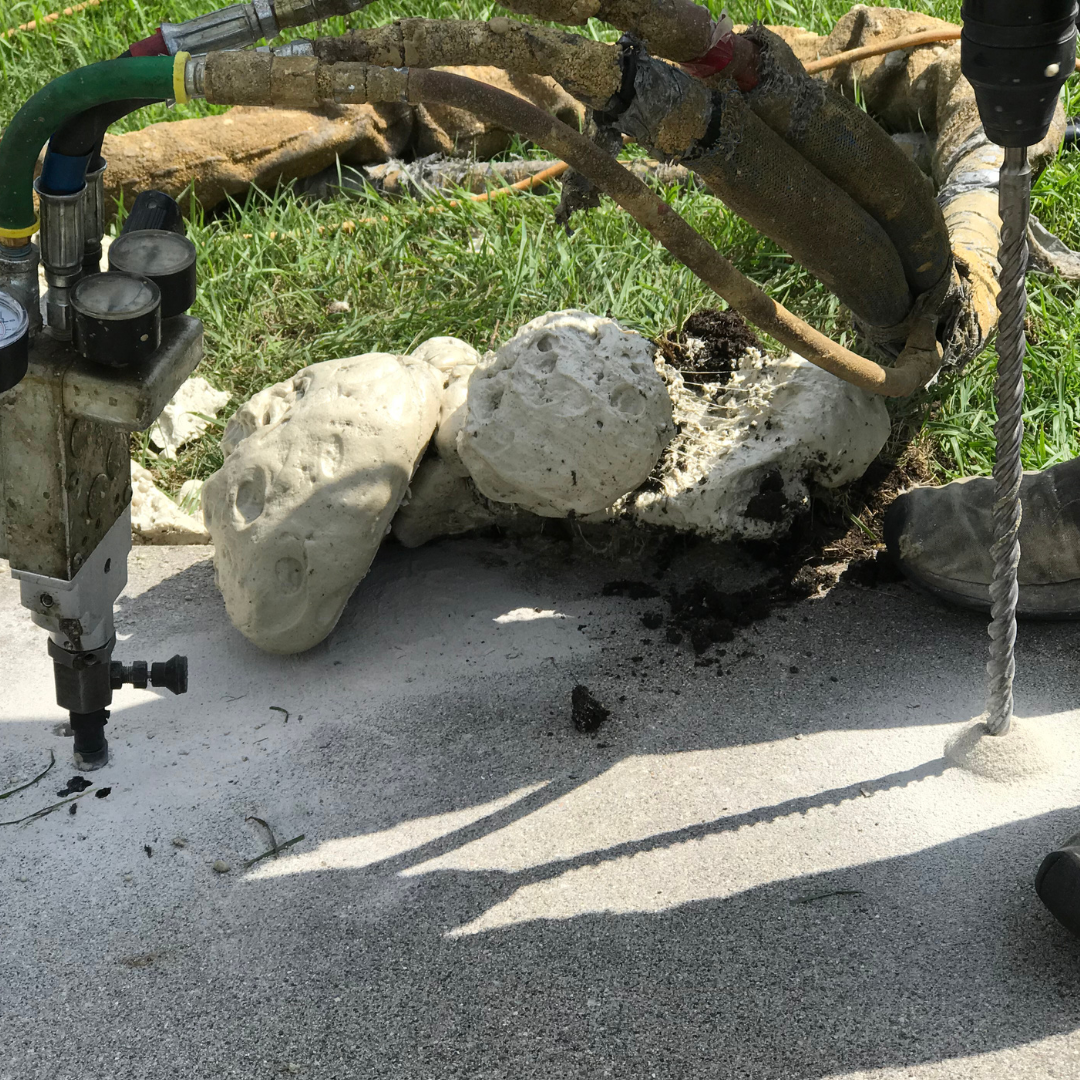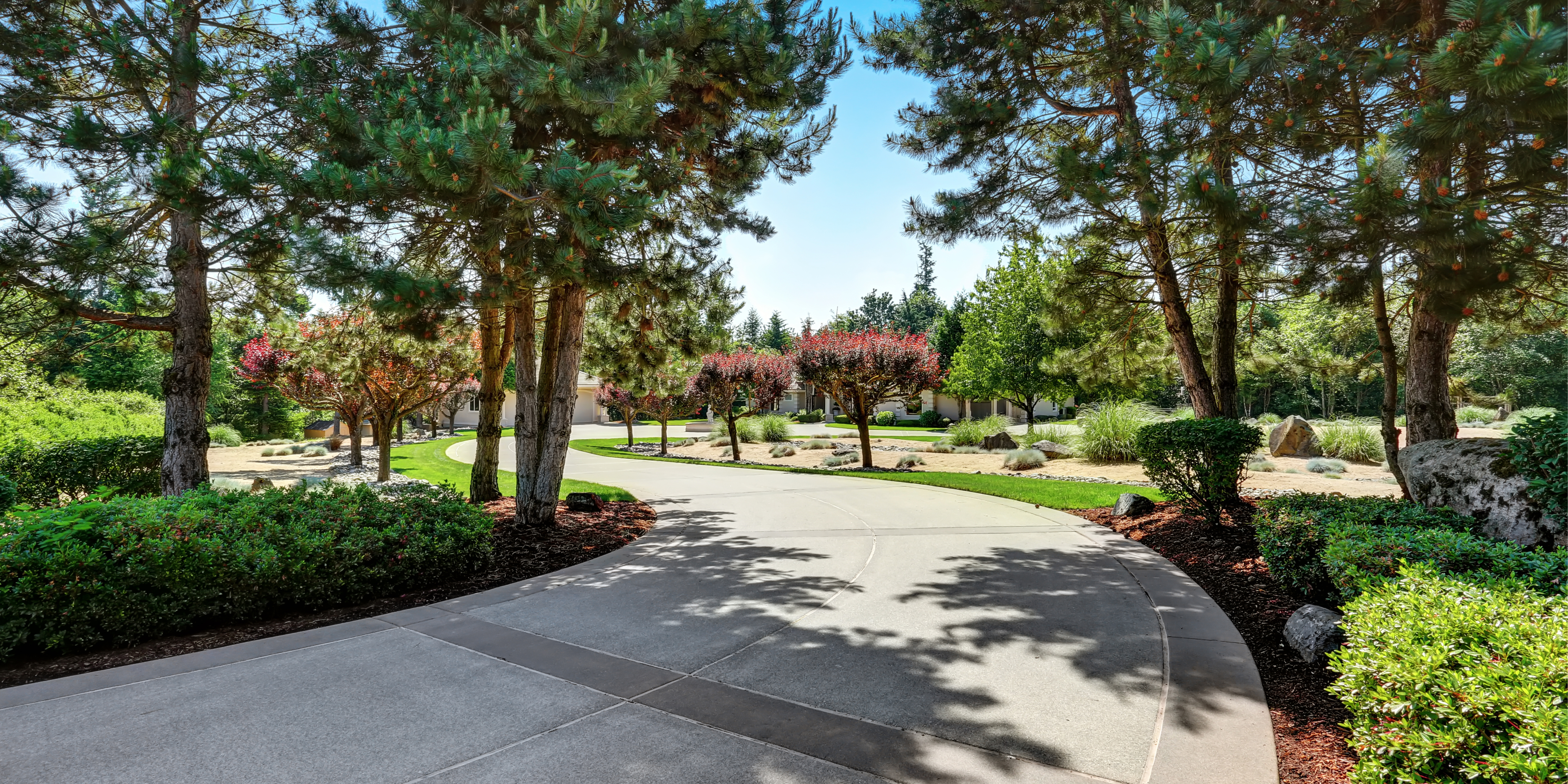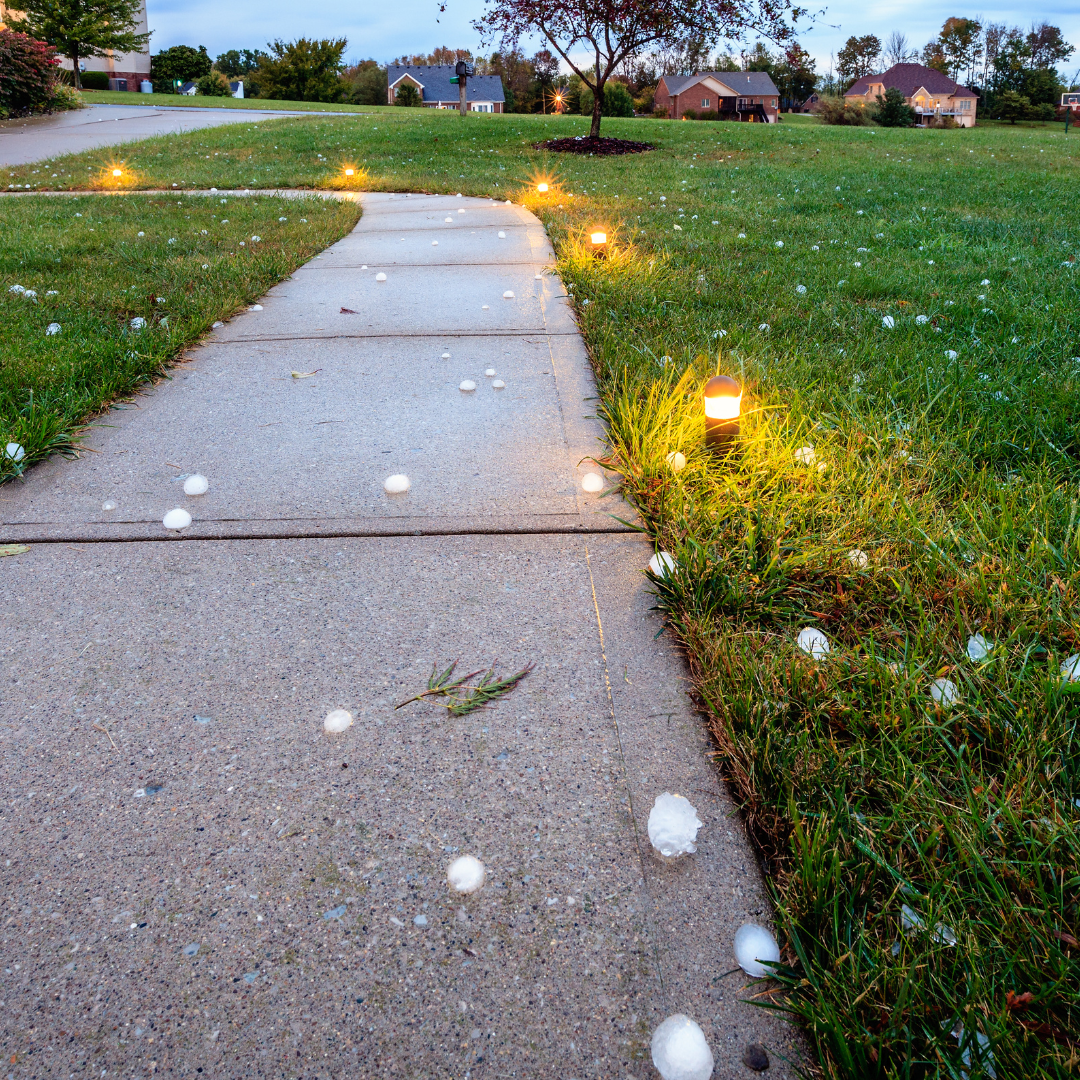Concrete structures in Colorado face unique challenges due to the state’s diverse weather conditions. Understanding and managing weather-related issues is crucial for maintaining the integrity and longevity of concrete.
Understanding Colorado’s Climate
Colorado experiences a semi-arid climate characterized by wide temperature ranges and various weather events, posing distinct challenges for concrete. The extreme temperature fluctuations in Colorado subject concrete to stress, resulting in potential issues such as cracking, spalling, and reduced durability caused by the expansion and contraction of the material.
Hot and Dry Summers in Colorado
Hot and dry summers pose challenges for concrete due to high temperatures and low humidity, which can result in thermal expansion, leading to cracking. The dry air accelerates moisture evaporation, hindering proper curing and increasing the risk of shrinkage cracks. It is crucial to employ proper curing techniques during hot weather to ensure optimal hydration, strength development, and reduced cracking potential by maintaining moisture retention and temperature control.
Heavy Rainfall and Moisture Issues
Heavy rainfall in Colorado can severely impact concrete structures. Excessive rainfall leads to water infiltration and absorption, making the concrete susceptible to damage from freeze-thaw cycles, chemical reactions, and erosion. When concrete absorbs water, its strength and durability are compromised, resulting in internal damage like cracking and weakening of the concrete matrix. Prolonged exposure to moisture also fosters the growth of mold, algae, and other harmful organisms. To prevent moisture-related damage, it is crucial to have proper drainage systems and implement effective waterproofing measures. Applying suitable sealants and employing effective drainage strategies helps mitigate the risks associated with moisture and protect concrete structures.
Hailstorms and Impact Damage
Hailstorms pose a significant risk to con犀利士5mg
crete surfaces in Colorado, causing severe impact damage that includes surface pitting, spalling, and structural compromise. The forceful impact weakens the structural integrity of the concrete, reducing load-bearing capacity and affecting surface quality. To minimize hail damage, protective measures like hail-resistant roofing and impact-resistant coatings can be implemented. Regular maintenance and inspections are essential for early detection and timely repair of hail-related damage.
Snow and Ice: Winter Hazards
Winter in Colorado brings snow and ice, posing specific challenges for concrete. The weight of snow and the freezing and thawing cycles it undergoes can exert pressure on concrete, leading to cracking and surface deterioration. Snow removal techniques such as plowing and the use of de-icing agents can potentially cause abrasion and chemical damage to concrete surfaces. It is crucial to practice proper snow removal methods that minimize contact with the concrete to prevent unnecessary wear and damage. De-icing agents like salt or chemicals used to melt ice can penetrate the concrete and promote corrosion of reinforcing steel, resulting in structural deterioration. To protect concrete, alternative de-icing methods or the application of sealants can be utilized.
Altitude and Atmospheric Conditions
Colorado’s high altitude and atmospheric conditions have a significant impact on concrete properties. At higher elevations, the reduced air pressure and oxygen levels affect the curing process, potentially extending the required curing time. The lower air pressure affects moisture evaporation from the concrete, influencing proper hydration, while the decreased oxygen levels can affect the development of concrete strength. Concrete mix designs need to be adjusted to accommodate these conditions, such as using admixtures to accelerate hydration, modifying the water-cement ratio, or altering the aggregate grading to achieve the desired concrete properties.
Engaging experienced concrete contractors, such as AAA Concrete Raising, is crucial when facing weather-related challenges in Colorado. We have served Colorado homeowners for over two full decades and bring valuable expertise and knowledge specific to the impact of Colorado weather on concrete. Our understanding of local conditions and best practices ensures high-quality work and durable results. Contact our team today to learn more about our services or to request a quote.
